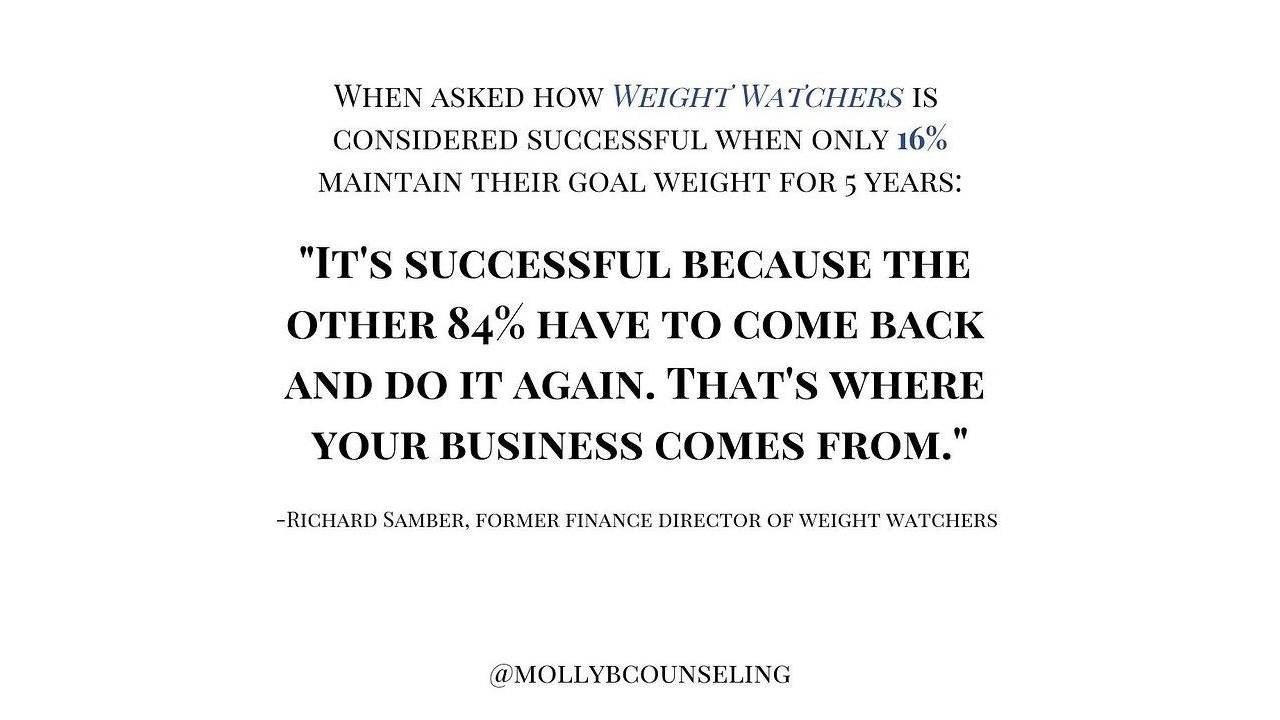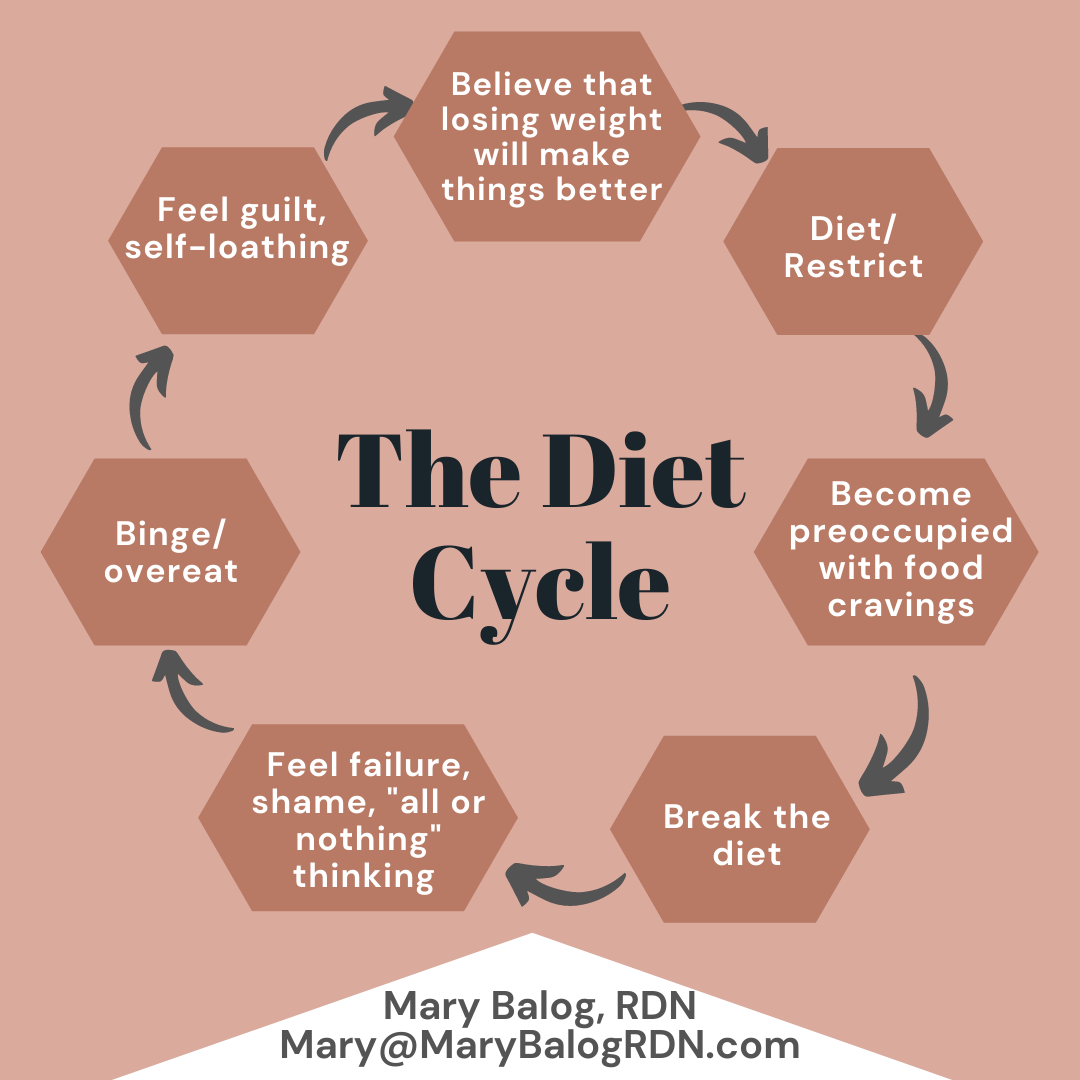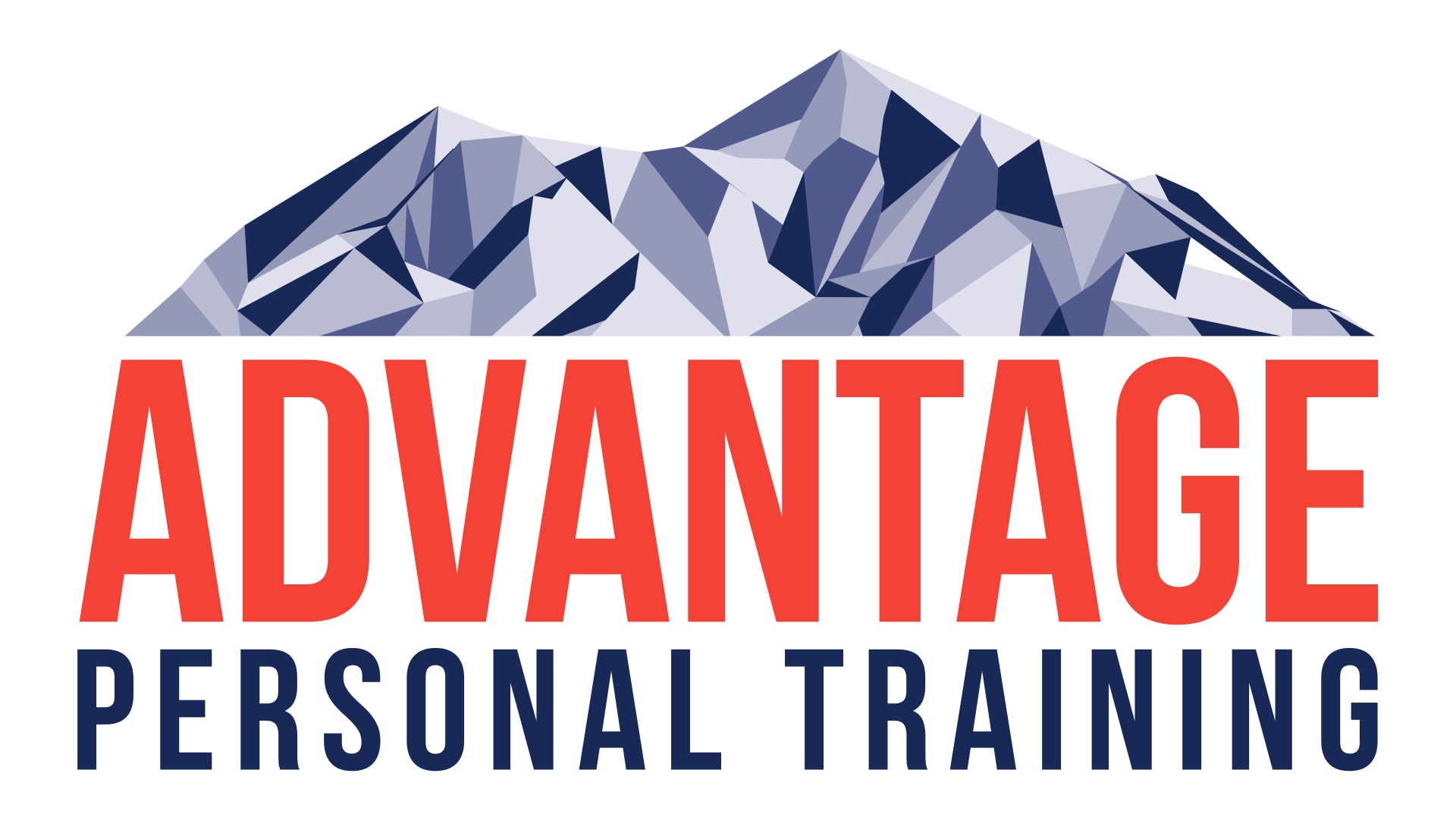How To Choose A Strength and Conditioning Coach
This article was brought to my attention by a colleague, and it turns out to be a great follow-up to our Responsible Strength and Conditioning Practices post. The article was written by Sean Skahan for hockeystrengthandconditioning.com. Sean is the strength coach for the Anaheim Ducks of the NHL, and shares our mentality regarding appropriate training for sport performance. His article offers a step by step approach to selecting the most appropriate strength coach for you or your child. Although he references hockey specifically, the trend of bigger, stronger athletes is true across the board, so this approach can be applied to training for any sport. Enjoy Sean’s article!
How to Choose a Personal Trainer/Strength and Conditioning Coach for Your Son and/or Daughter
Sean Skahan
Today’s hockey players are becoming bigger, stronger, and faster while becoming more fit than they were in years past. In addition to young players participating in other sports, they are also participating in strength and conditioning programs either at their own school, with their team, or with private training companies that are in the communities.
Strength and conditioning for sports has now become a common necessity that really wasn’t around until recently. It has now become a business as there are now several training facilities within every neighborhood.
With the sports training market becoming very saturated, there are several to choose from when it comes to choosing one for your son or daughter. Like any other businesses, in my opinion, there are some very good ones, some average ones, and some not so good ones. What I have listed below are some quick guidelines on making a selection for a strength and conditioning coach/personal trainer or company. These are based on observations and opinions about today’s hockey players and performance:
1- Make sure that the trainer(s) has a degree from a 4-year college/university. A master’s degree would be a plus. Preferably, their degree is in Exercise Science, Kinesiology, Biomechanics, or any other major related to Exercise and or Sports Medicine.
2- Make sure that the trainer is certified by a reputable certification agency. For Strength and Conditioning Coaches or Personal Trainers who work with hockey players, the Certified Strength and Conditioning Coach (C.S.C.S) certification from the National Strength and Conditioning Association (NSCA) is probably the most reputable certification. Another good certification is any certification provided by the National Academy of Sports Medicine (N.A.S.M.).
3- Ask for testimonials and/or references from athletes that they have actually coached. They should be able to provide current or past testimonials from people who have trained with them. If they can’t provide you with any testimonials, ask for references. If they can’t give you any references, find another trainer. Also, make sure that the trainer actually trained and worked with an athlete who they say they may have.
4- Don’t get caught up in the bells and whistles about the facility. Most of the good strength and conditioning coaches and personal trainers out there can get results without the high-tech equipment which may be considered “hockey-specific”. Also, they may not need a large facility the size of a Wal-Mart.
In today’s world, it is easy for anyone to get a personal training certification from a non-reputable source and then partner up with someone with a lot of money and start up a sports training business. I would always prefer an individual or company that started out with close to nothing and then grew their business by getting positive results from their athletes and clients. As a parent who is paying for the child to participate in a strength and conditioning program, you must do your homework when trying to choose one. Hopefully these guidelines and recommendations will help you make the right decision.
© 2006-2011 HockeyStrengthandConditioning.com. All Rights Reserved. Reproduction without permission prohibited.




Advantage Personal Training is an Ann Arbor based Family Oriented Gym, focusing on the training needs of individuals, small groups and youth athletes. Meet with a results-oriented personal trainer and put yourself on the path to a more active life!
SERVICES
CONTACT INFORMATION
Hours of Operation
Mon to Fri: 6:00 AM - 8:30 PM
Sat: 8:30 AM - 12:30 PM
Sun: CLOSED
All Rights Reserved | Advantage Personal Training

